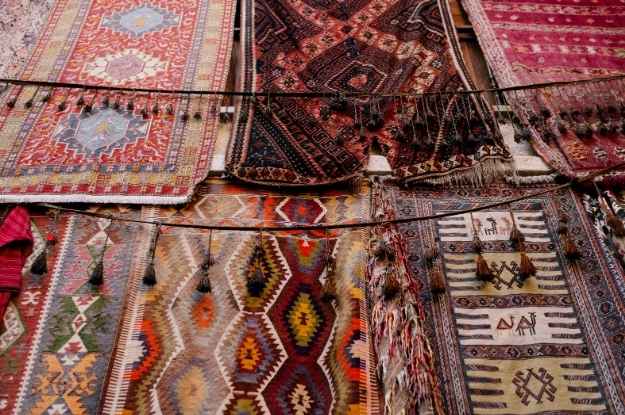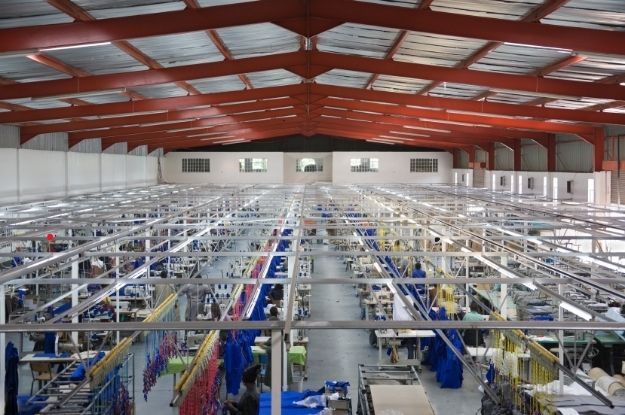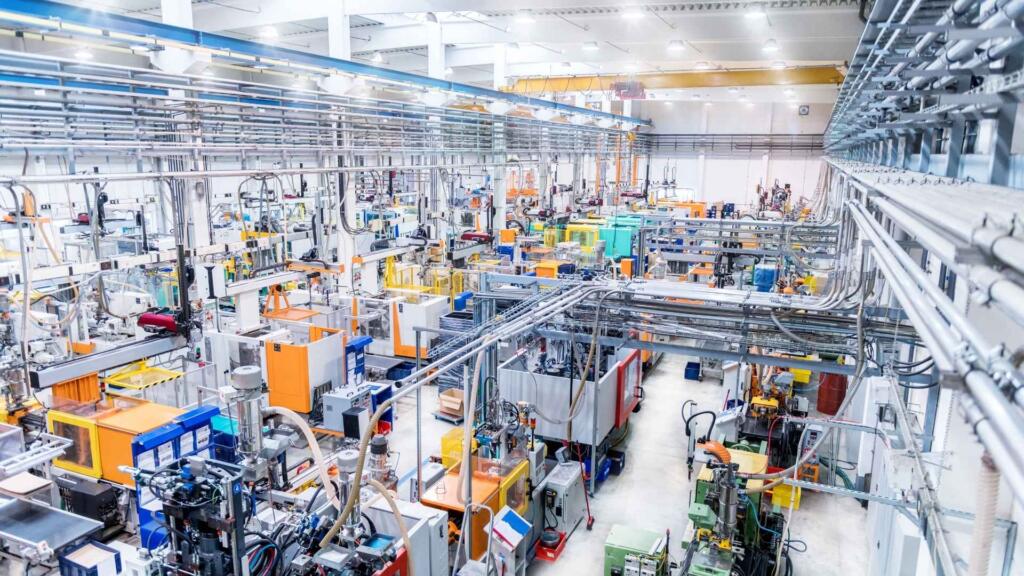
What is Ocean Bound Plastic?
Ocean-bound plastic refers to waste materials that are at high risk of entering the ocean. These plastics are often found in areas within 50 kilometers of coastlines or in waterways that feed into the ocean. The significance of addressing ocean-bound plastic lies in its potential to prevent massive amounts of waste from polluting marine environments. When left unchecked, these materials contribute significantly to marine pollution, posing threats to aquatic life and disrupting ecosystems. The accumulation of plastic in the ocean not only harms marine animals but also affects human health and economies reliant on marine resources.
The Environmental Impact of Ocean Bound Plastic
The impact of ocean-bound plastic on the environment is profound and multifaceted. Plastics in the ocean break down into microplastics, which are ingested by marine organisms, entering the food chain and ultimately affecting human health. The presence of plastic debris also disrupts habitats, entangles wildlife, and releases toxic substances into the water. Efforts to manage ocean-bound plastic are crucial for preserving biodiversity, maintaining the health of marine ecosystems, and safeguarding the livelihoods of communities dependent on fishing and tourism. By diverting this plastic from entering the ocean, we can mitigate its negative impacts and foster healthier marine environments.
Why is Certification Important?
The certification of products made from ocean-bound plastic ensures that the materials used are genuinely recycled and have been diverted from entering the ocean. This verification process involves rigorous audits and traceability checks, adding credibility to the claims made by manufacturers. Certification assures consumers of the product’s environmental benefits, providing transparency and accountability in the production process. In a market where greenwashing is a concern, certified products stand out as authentic, allowing consumers to make purchases with confidence. The certification process also encourages manufacturers to adhere to higher environmental standards, promoting sustainable practices across the industry.
Shivalika Rugs Manufacturer: A Commitment to Sustainability
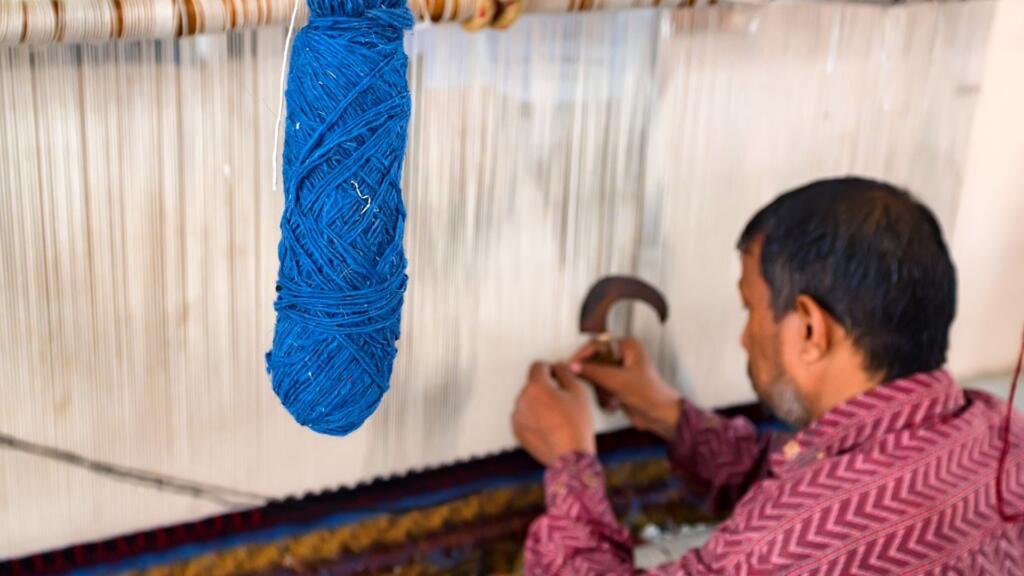
Pioneering Eco-Friendly Practices
Shivalika Rugs Manufacturer has long been recognized for its commitment to sustainability. By incorporating recycled ocean-bound plastics into their products, they are not only reducing waste but also creating durable and stylish carpets and rugs that meet the demands of modern consumers. Their approach involves sourcing high-quality recycled materials and employing innovative production techniques to minimize environmental impact. This dedication to sustainability extends beyond product offerings, as the company actively engages in initiatives to reduce its carbon footprint and promote resource efficiency. Through partnerships with environmental organizations, Shivalika Rugs contributes to broader conservation efforts, reinforcing its role as a leader in sustainable manufacturing.
The Benefits of Using Recycled Plastic Rugs
- Environmental Impact: By using recycled plastics, Shivalika Rugs helps to reduce the volume of waste in landfills and prevent pollution in marine environments. This practice contributes to the conservation of natural resources and the reduction of greenhouse gas emissions. Recycling plastics also lessens the demand for virgin materials, leading to energy savings and reduced environmental degradation. Moreover, the company’s commitment to sustainability fosters a circular economy, where materials are continually reused, reducing the overall environmental footprint.
- Durability and Quality: Recycled plastic rugs are known for their resilience and long-lasting quality. They are resistant to wear and tear, making them an ideal choice for high-traffic areas. The manufacturing process enhances the inherent strength of recycled fibers, resulting in products that withstand daily use and maintain their appearance over time. Customers appreciate the practical benefits of these rugs, which offer exceptional value for money due to their longevity and minimal maintenance requirements. The robustness of recycled plastic rugs also supports sustainable consumption patterns, encouraging consumers to invest in products that offer durability and reliability.
- Aesthetic Appeal: Despite being made from recycled materials, these rugs do not compromise on style. They come in a variety of designs and colors, catering to diverse aesthetic preferences. Shivalika Rugs employs skilled designers who leverage the versatility of recycled materials to create visually appealing products. The company’s commitment to aesthetics ensures that consumers can enjoy environmentally friendly products without sacrificing style. By integrating sustainable practices into their design philosophy, Shivalika Rugs sets a standard for eco-conscious creativity, inspiring other manufacturers to explore innovative design possibilities with recycled materials.
The Ocean Bound Plastic Certification Process

Steps to Achieving Certification
- Collection and Sorting: The first step involves collecting ocean-bound plastics from designated areas. These materials are then sorted to ensure only suitable plastics are selected for recycling. Collection efforts often engage local communities, creating economic opportunities and raising awareness about the importance of waste management. Once gathered, the plastics undergo a thorough sorting process, where contaminants are removed, and the materials are categorized based on their suitability for recycling. This meticulous approach ensures that only high-quality plastics are processed, resulting in superior recycled products.
- Recycling and Production: The sorted plastics undergo a rigorous recycling process, transforming them into high-quality fibers suitable for rug production. Advanced recycling technologies are employed to clean, melt, and reconstitute the plastics into usable fibers. These fibers are then woven into rugs using state-of-the-art machinery, ensuring consistency and quality in the final product. Throughout the production process, strict environmental standards are upheld, minimizing waste and energy consumption. This dedication to sustainable manufacturing practices is a hallmark of Shivalika Rugs’ commitment to environmental stewardship.
- Certification and Verification: An independent body evaluates the entire process to ensure compliance with environmental standards. Once verified, the products receive the ocean-bound plastic certification. This certification involves comprehensive audits and regular monitoring to ensure ongoing adherence to sustainability criteria. By engaging third-party certifiers, manufacturers like Shivalika Rugs demonstrate transparency and accountability, bolstering consumer confidence in their products. The certification not only validates the environmental benefits of the products but also serves as a benchmark for continuous improvement in sustainable practices.
The Role of Third-Party Certification Bodies
Third-party certification bodies play a crucial role in maintaining the integrity of the certification process. They provide an unbiased evaluation of the manufacturer’s practices, ensuring that the claims made about the use of ocean-bound plastics are accurate and trustworthy. These organizations bring expertise and credibility to the certification process, offering rigorous assessments that uphold industry standards. Their involvement also facilitates global recognition of certified products, expanding market opportunities for manufacturers committed to sustainable practices. By fostering transparency and accountability, third-party certification bodies contribute to a more sustainable and equitable market landscape.
Challenges and Innovations in Certification
The certification process presents challenges, including ensuring traceability of materials and managing the costs associated with rigorous audits. However, innovations in technology, such as blockchain and digital tracking systems, are enhancing traceability and reducing administrative burdens. These advancements provide real-time data on material origins and processing, increasing efficiency and accuracy in certification. By embracing technological innovations, manufacturers can streamline certification processes, making it more accessible and cost-effective. These developments also pave the way for new certification standards that accommodate emerging materials and practices, supporting the evolution of sustainable manufacturing.
Consumer Awareness and the Role of Certifications
Building Trust with Consumers
Certifications serve as a powerful tool for building trust with consumers. When buyers see an ocean-bound plastic certification label, they can be confident that their purchase supports sustainable practices. This trust not only benefits the environment but also enhances the reputation of brands like Shivalika Rugs. In a marketplace where consumers are increasingly skeptical of environmental claims, certifications provide assurance and clarity. The presence of a certification label communicates a brand’s commitment to authenticity and responsibility, fostering customer loyalty and encouraging sustainable purchasing decisions.
Educating Consumers on the Impact of Their Choices
As consumers become more environmentally conscious, they seek products that align with their values. Educating them about the benefits of choosing products with ocean-bound plastic certification empowers them to make informed decisions that contribute to environmental conservation. Educational initiatives, such as workshops, informational campaigns, and digital content, raise awareness of the environmental impact of consumer choices. By highlighting the positive effects of purchasing certified products, companies can inspire consumers to support sustainable practices and advocate for broader environmental change. This empowerment fosters a community of informed consumers who prioritize sustainability in their purchasing behaviors.
The Role of Digital Platforms in Consumer Education
Digital platforms play a crucial role in disseminating information about ocean-bound plastic certifications and sustainable products. Social media, websites, and online marketplaces provide accessible channels for consumers to learn about the environmental impact of their purchases. Companies can leverage these platforms to share success stories, sustainability reports, and interactive content that engages and educates audiences. By creating a digital presence centered on transparency and education, brands can reach a wider audience and cultivate a culture of sustainability. This approach not only enhances consumer awareness but also strengthens brand identity and market positioning.
The Future of Recycled Plastic Rugs
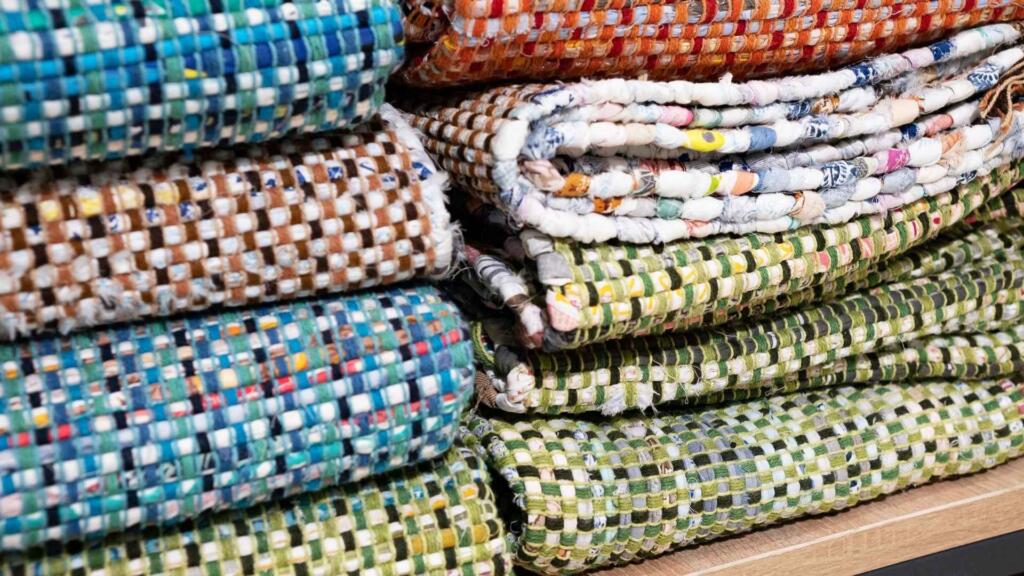
Innovations in Sustainable Manufacturing
The demand for sustainable products is driving innovation in the manufacturing industry. Companies like Shivalika Rugs are continually exploring new methods to enhance the sustainability of their products, including the use of advanced recycling technologies and eco-friendly dyes. Research and development efforts focus on improving the efficiency and effectiveness of recycling processes, reducing energy consumption, and minimizing waste. Innovations in material science are leading to the development of new, sustainable fibers that offer enhanced performance and environmental benefits. By prioritizing innovation, manufacturers can meet evolving consumer expectations and contribute to a more sustainable future.
Expanding Market Opportunities
The market for recycled plastic rugs is expanding as more consumers prioritize sustainability in their purchasing decisions. This growth presents opportunities for manufacturers to diversify their product offerings and cater to a wider audience. By tapping into emerging markets and exploring new distribution channels, companies can increase their reach and influence. Strategic partnerships with retailers and online platforms enable manufacturers to access new customer segments and build brand recognition. As the market evolves, manufacturers that embrace sustainability and innovation will be well-positioned to capitalize on new opportunities and drive industry growth.
Collaborations and Partnerships for a Sustainable Future
Collaborations and partnerships play a vital role in advancing the sustainability agenda in the manufacturing sector. By working with environmental organizations, research institutions, and industry peers, companies can share knowledge, resources, and best practices. These collaborations foster a collective approach to sustainability, enabling the development of industry-wide standards and initiatives. Joint efforts in research and development can accelerate the adoption of sustainable technologies and practices, benefiting the entire industry. By engaging in partnerships, manufacturers like Shivalika Rugs can amplify their impact and contribute to a more sustainable and resilient future.
Conclusion
Shivalika Rugs Manufacturer exemplifies the positive impact that sustainable practices can have on both the environment and the business. By obtaining the ocean-bound plastic certification, they demonstrate a commitment to reducing marine pollution and promoting the use of recycled materials. As consumers continue to prioritize eco-friendly products, certifications like these will play an increasingly important role in shaping the future of the manufacturing industry.
Choosing products with ocean-bound plastic certification is not just a purchase; it’s a statement of support for a cleaner, more sustainable world. Through their dedication to sustainability, Shivalika Rugs is setting a standard for others in the industry to follow. With continued innovation and consumer education, the future looks promising for recycled plastic rugs and the broader movement toward environmental responsibility.



